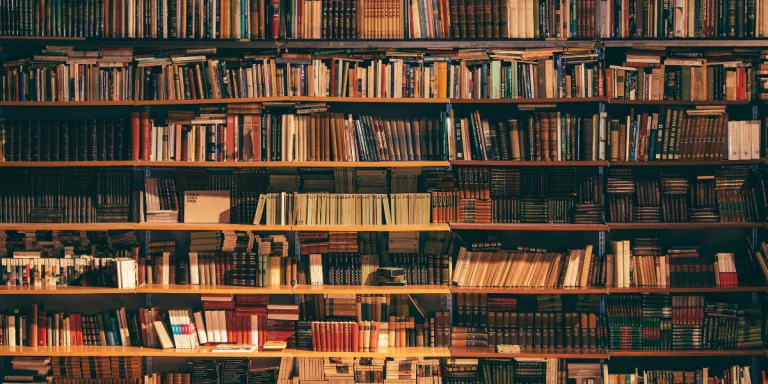Photo credit: Adoka Adaji and Agwu Israel
By Martha Okenyi
Watching the seven p.m. news is now my official pastime. But I cannot tell you what hovers in the world about COVID-19 and its panoramic details day by day. And even with my consumption of the news, I fear, I don’t know what actual deaths numbers there are, or the numbers of recovered or infected persons—not even the figures in my country. I trail the news for where the virus has spread to and whether it has arrived in my city or not. Every day, traders, bike men, and even teenagers, who had no joy for news, now troll updates as their quarantine routine. Now, some of them know more about the virus than the World Health Organisation.
In Masaka, the major roads are empty. Only a few vehicles make their way through the roadblocks by understanding with the uniform men on duty. Keke drivers won’t stay at home. Neither will the small churches close. More than a few okada men go about their hustle in the streets wearing facemasks, ranting about what they know about COVID-19 to passengers. They won’t wash their hands or sanitize frequently, but they can tell you how many people have died and how the lockdown is a setback to their job.
Today the sun hasn’t yielded its rays, but the birds still chirp from the small farm by my window. And the disturbing goats bleat, oblivious to the latest invader of the human race. I called an old friend: she was safe, she said—but her voice bore the retirement of the times.
READ ALSO: Through The Eye Of A Needle Vol 1 and 2, an anthology of essays on the pandemic.
The rains washed the soil for two nights and I lay in my bed on each night humming Avicii: ‘So wake me up when it’s all over / When I’m wiser and I’m older’. Since I’ll only get wise when I wake up from this pandemic, I listen in wonderment at religious people who say the pandemic is God’s way of punishing us for our sins. Some say it is the end time, that the Messiah cometh. The lockdown has been eased but my favourite restaurant is still closed. People can now go to the market on select days in the week. On such days, it is a hundred metres dash on the Nyanya-Mararaba road.
At the market, a Hausa trader saw my masked face and said to me, ‘Customer! You dey fear COVID-19? Facemask no dey save person o . . . na only God go fit save you.’ I smiled at him and envied his freedom. In another shop to buy a pestle, the trader said to me, ‘Covid nineteen no dey anywhere, my sister, Na lie government dey talk. Dem just dey deceive people.’ I tried to convince him with what I knew—that the virus isn’t a hoax, but I was useless.
READ ALSO: Brief Portrait of a Monday Morning by Filip Ikyegh
I have stopped listening to the news, the sight and sound of rising deaths makes me uneasy. I’d rather curl up in the warmth of my blanket in the room and read Rupi Kaur’s ‘the sun and her flower’ while Adele’s ‘Million Years Ago’ grace my ears, as I think of love; I’d rather try new workouts for that hourglass shape, or try out the chicken curry soup recipe my cousin shared with me; and I’d rather sit in the kitchen and knead dough till evening or take pictures of the sunset.
Everyone now wail and bemoan the lack of money or food to live by. The skies, sometimes, reflect these ominous times, too. It is now a long walk to a virus-free world. Until then, we will do the things that will keep us alive, aside adhering to the NCDC’s hygiene commandments via their speed SMSes. We will find love, dance to our favourite jam or talk about our best memories; we will dance in the rain, climb hilltops and scream; and we will dream. Yet the world may not be safe agaìn, may we all come out safe.
Martha Okenyi is a poet, short story writer and a scriptwriter. She is an Undergraduate of Mass Communications in Benue State University, Makurdi. She is a SEVHAGE team member and “May We All Come Out Safe” is her first essay to be published.

